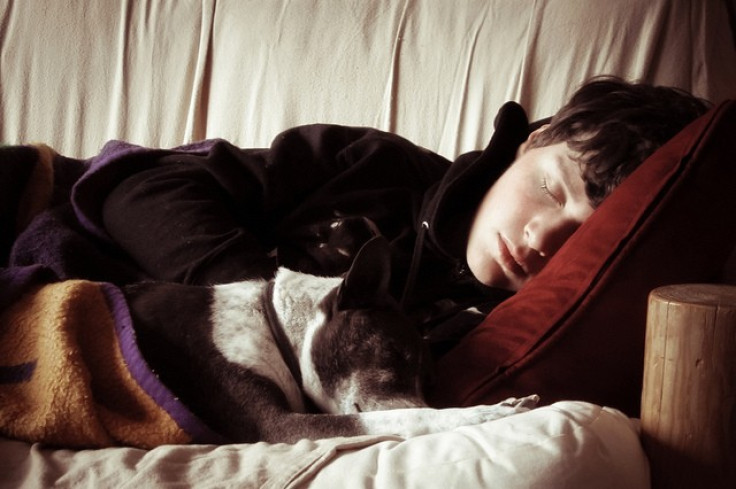Weekend Lie-In Helps Sleep-Deprived Men Lower Diabetes Risk

Men who do not get enough sleep during the week because of their jobs and lifestyles can lower their risk of developing Type 2 diabetes with a weekend lie-in.
Scientists have long known that sleep deprivation has a harmful effect on insulin sensitivity - the process whereby the body clears glucose from the bloodstream and regulates a person's blood sugar level.
A person with Type 2 diabetes is unable to use the insulin it produces and becomes resistant to it. People can reduce the risk of developing this type of diabetes by retaining the body's sensitivity to insulin.
Peter Liu, of the Los Angeles Biomedical Research Institute, found that insulin sensitivity is vastly improved in men who do not get enough sleep during the week if they are able to have three nights of "catch-up sleep" at weekends.
A recent report by the UK's Sleep Council found that a third of Britons get just five to six hours of sleep at night. Seventy percent sleep for seven hours or less.
The survey showed that the average person in Britain goes to bed at 11.15pm and gets six hours and 35 minutes sleep.
Diabetes UK expects over four million people to have the disease by 2025, with 90% of these having Type 2 diabetes.
Sleep improves insulin sensitivity
Study leader Peter Liu said: "We all know we need to get adequate sleep but that is often impossible because of work demands and busy lifestyles. Our study found that extending the hours of sleep can improve the body's use of insulin, thereby reducing the risk of Type 2 diabetes in adult men."
Liu, together with researchers from the University of Sydney, looked at 19 non-diabetic men who had poor sleep during the working week - on average they got 6.2 hours each night but slept for 2.3 hours more at the weekend.
The participants spent three nights at a sleep laboratory over two weekends and were given specific sleep conditions.
The subjects in one group slept for 10 hours, another group had six hours and a third had 10 hours fluctuating between deep and shallow sleep without being awoken. All had the same food intake so diet would not influence results.
At the end of the weekend, the men's insulin sensitivity was measured. Findings showed the men who slept for 10 straight hours had the best insulin sensitivity in comparison to the six-hour group.
"The good news is that by extending the hours they sleep, adult men - who over a long period of time do not get enough sleep during the working week - can still improve their insulin sensitivity," Liu said.
© Copyright IBTimes 2024. All rights reserved.







